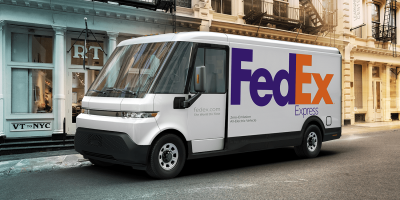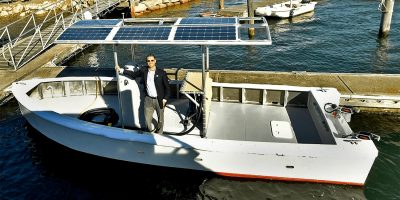Tag
#Yale University

FedEx targets carbon-neutrality by 2040
03.03.2021

Electric sewage pump-out boat developed with Yale Uni
05.02.2019

Toyota, Tesla, Yale University, Imperial College London.
24.10.2016

Solaris, Crossvolt, Yale University, SINANO, Ballard, Azure Hydrogen.
06.01.2015

Last commented